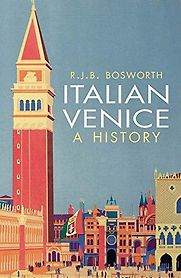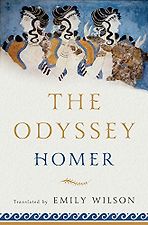Recommendations from our site
“The end of the Most Serene Republic of Venice happens when it cedes to Austria. We have Napoleon, Austria, and Italy, all foreign powers—and certainly Venice sees Italy as every bit as much a foreign power as Austria, possibly even more. It’s a bit of history that’s probably less well handled in most guidebooks because it’s quite complicated, but it has quite an effect on what the city looks like. There’s the filling in of some canals, the straightening of some roads, the building of some fairly gloomy social housing. There’s a Teutonic effort to rationalize the city, though if ever there was an absolutely futile project it would be trying to make sense out of Venice. The book also deals with the fact that Venice, as well as being fabulously rich, was piss poor. The poor in Venice were much poorer than the poor in other places. There was very little running water and not much in the way of facilities. The fishermen and people who operated Venice were living in very low-quality, medieval accommodation, sharing a well. Life expectancy was low and I think life was brutish and short. This book is very good on the extent of urban poverty.” Read more...
Matthew Rice, Artists & Art Critic






